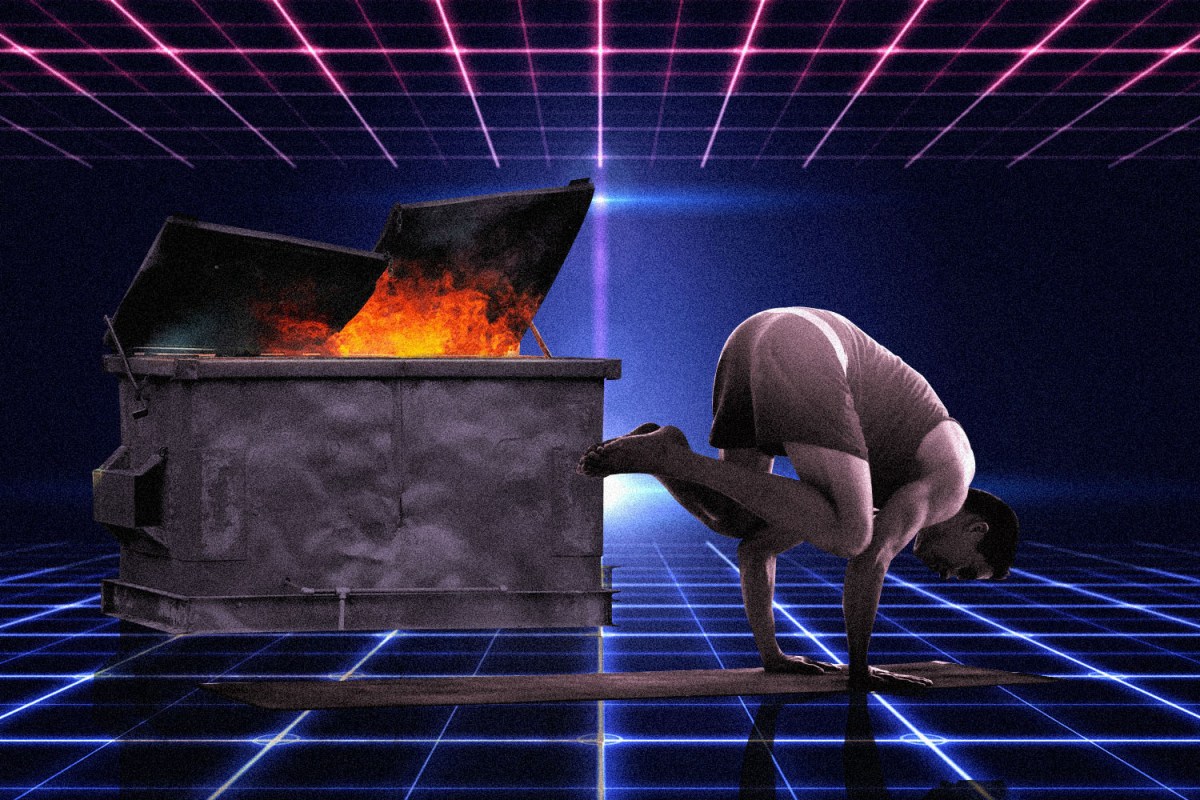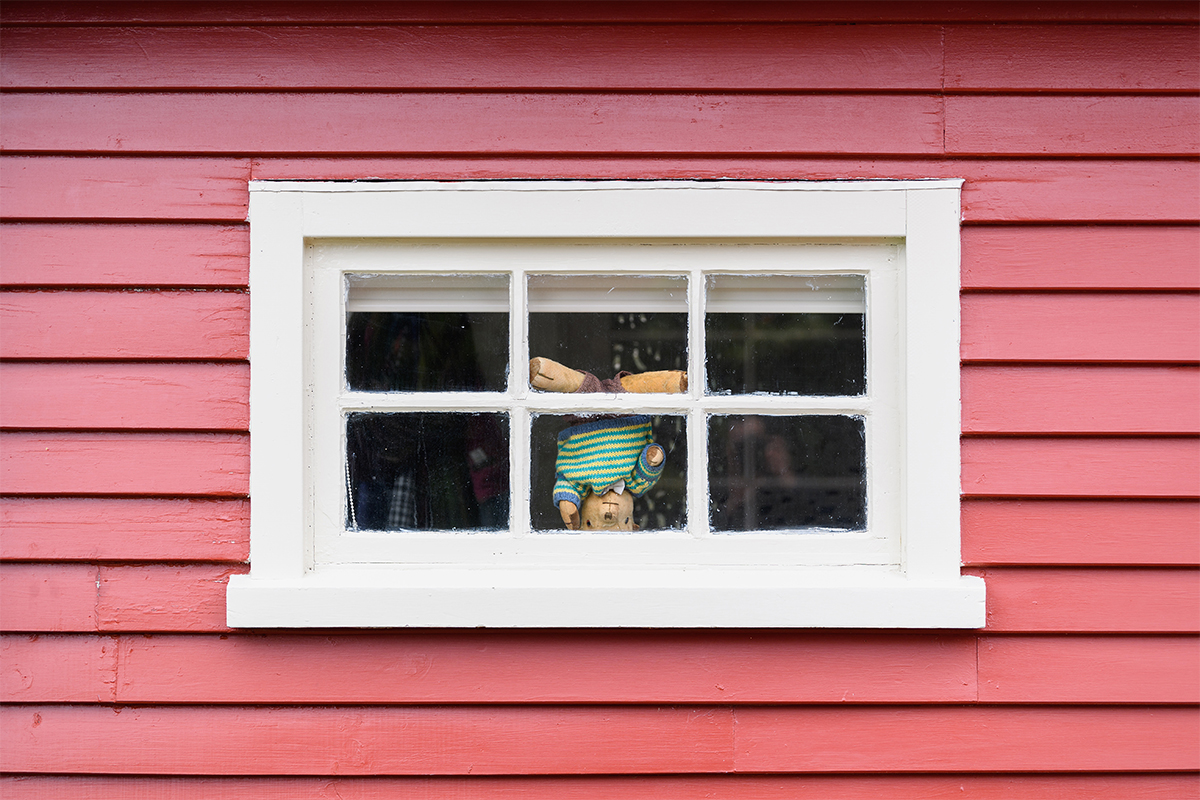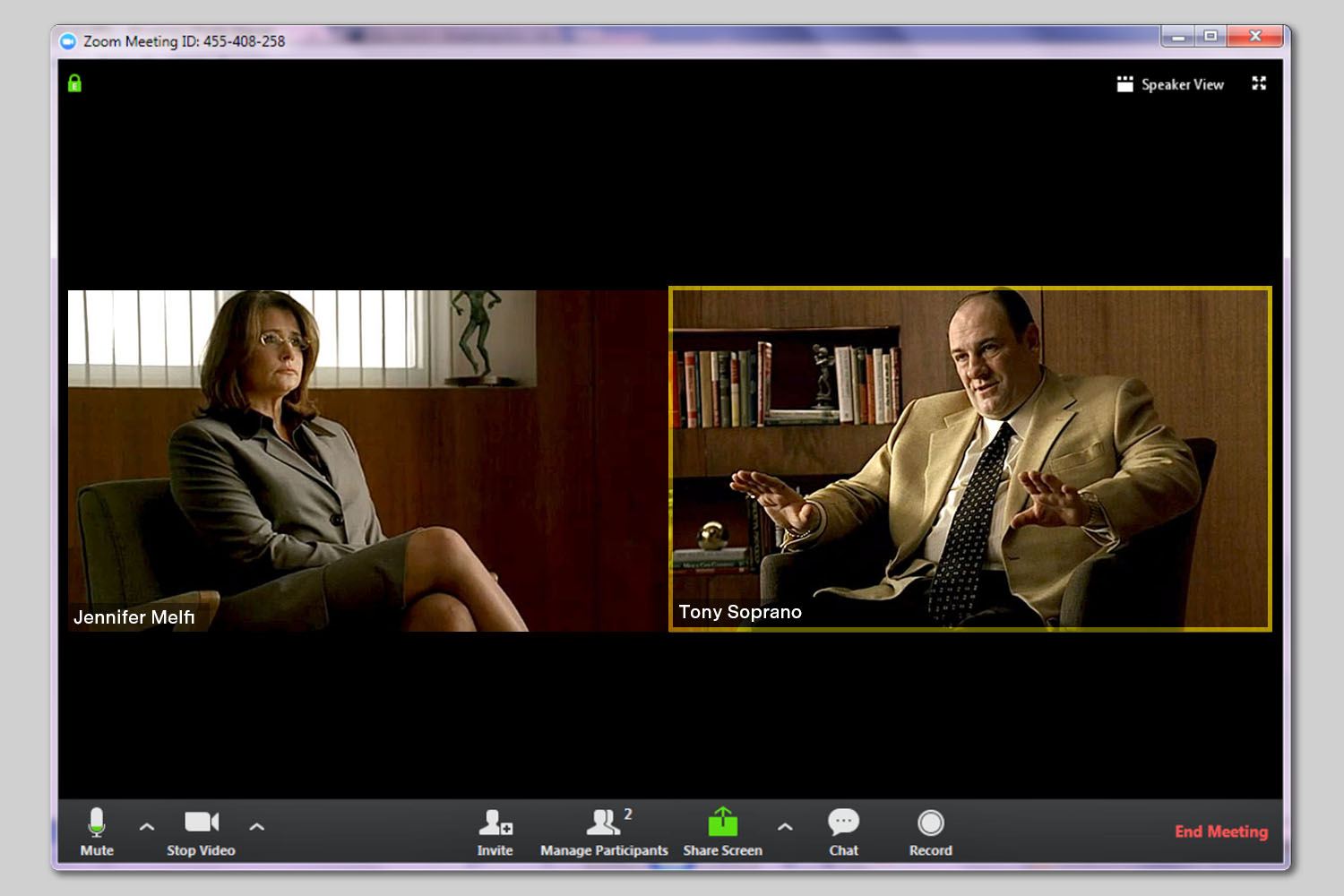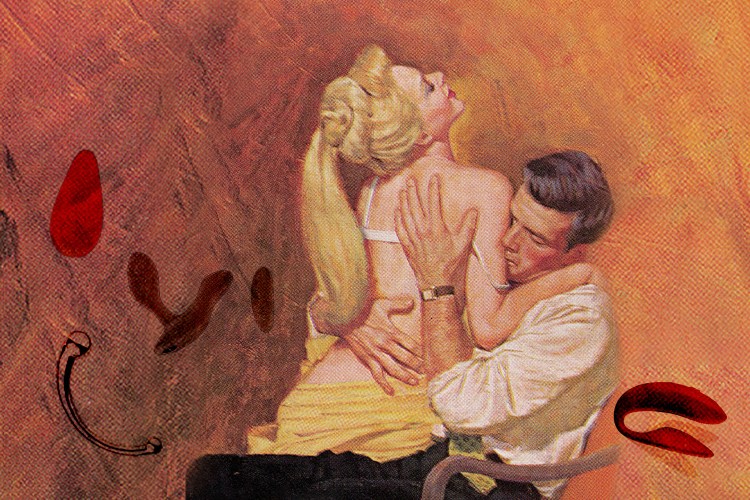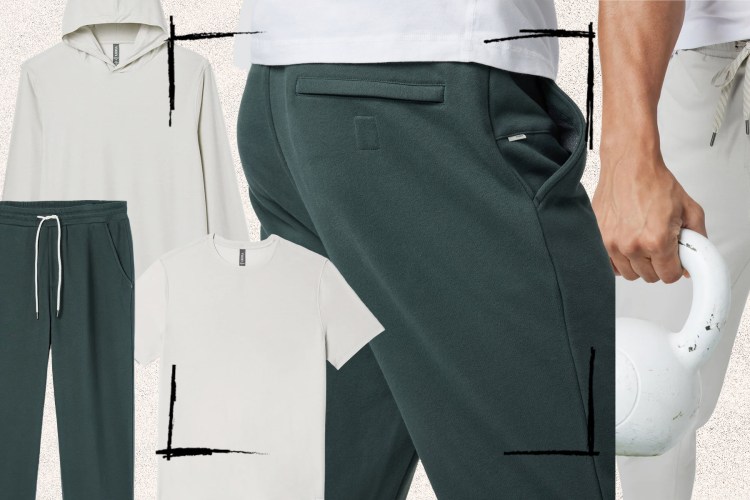As last New Year’s Eve approached, the internet was awash with anti-2020 sentiment.
There were memes of Frodo saying triumphantly, “It’s Over. It’s Done.” In a call back to Fight Club, T-shirts read: “First Rule of 2021: Never Talk About 2020.” And not one but two streaming-platform comedy specials celebrated the end of mankind’s most recent trip around the sun. In one, an all-woman cast of comedians at a funeral home worked to, as Phoebe Robinson put it, “lay this motherfucker of a year to rest.” In another, Samuel L. Jackson played a journalist and asked producers who wanted to relive the last 12 months, “Why the fuck would you want to do that?”
The impulse to wish 2020 away with the disposal of a calendar is understandable. But that approach, humorously tapped into across culture, also proves that far too few people practice mindfulness. They viewed 2020 as a relentless dumpster fire, and conversely, they believed 2021 held the promise of utopia.
Sorry, but neither are true, and however counterintuitive staying present may seem in tumultuous times like this one, it can still be a boon to personal well-being.
Living in the moment helps a person recognize that “What I need is right here,” explains Jessica Brodkin, a 39-year-old reiki healer who lives in Brooklyn, and says her entire life “revolves around” practicing mindfulness. This discovery can help generate a sense of calmness in the body, as well as peace of mind. Unfortunately, as Brodkin observes, in society, “We’re constantly striving for and craving things outside of ourselves to make us happy.”
In 2020, the pandemic brought tremendous loss of life as well as economic destruction to families and businesses. Protests over social injustice reminded anyone with a drop of decency that America and other nations still have a ton of work to do if the promises of freedom and equality are ever going to truly manifest. People have suffered, in these ways and others. They’ve been deprived of basic needs.
However, staying present in the moment can help especially when times are hard. If a person doesn’t feel as though they have what they need or want in front of them while practicing mindfulness, Brodkin says that at the very least the effort allows them to “fully access” where they are. They can then make an informed plan to help put them in a more desirable place.
“If we’re constantly mentally escaping,” Brodkin continues, “by being anxious about the future, by living in the past, or by wishing that something wasn’t as it is, then we’re not actually able to move forward, and we’re not able to feel peace in that moment.”
Many “mentally escape” to avoid confronting the traumas of the present moment, which can be a sign of PTSD. As wonderful as it might sound to just ignore the most difficult emotions and challenging circumstances that life brings to any individual, there’s a cost to the body and mind. This type of behavior also means a person won’t truly appreciate the good stuff in life, either.
In the final moments of Netflix’s Death to 2020, the characters were asked what they learned over the course of the year. Among the answers were “how many steps there are between my couch and the refrigerator” and “how to properly pronounce, ‘Sieg Heil!’” Hugh Grant’s character, on the other hand, cheekily says 2020 supplied him with great joy. He founded a Zoom barbershop quartet with some old college friends he was able to reconnect with. As he launches into the first notes of a song, though, the producer pleads for him to stop, reemphasizing that 2020 had no redeeming value, and certainly not for amateur a capella singers. Sure, the bit is supposed to be funny; but many people did manage to make some joyful memories last year. You should feel allowed to cherish them, instead of compelled to cancel them out.
Amazon Prime’s Yearly Departed closes with a similar refrain. Behind Christina Aguilera, who’s belting out a ballad, there’s a projected list of what was lost in 2020, in memoriam. On the screen: “Handshakes,” “Cruises,” “Wearing a bra,” “House parties,” and more. The list’s final entry? “Fun.”
As a person who lives with an anxiety disorder and depression, who has undergone talk therapy for these issues going on seven years, 2020 was extraordinarily unpleasant in so many ways. Initially, while living in New York City, which became the world’s epicenter of the pandemic, I lost work and could barely get out of bed for weeks out of worries over, you know … *waves indiscriminately at everything.* But eventually, that subsided, and the fear that I would be stricken down for going to the deli for the most part withered as I realized that clean hands, face masks and social distancing could help stop the spread of COVID-19.
I also started dabbling in mindfulness, if only unwittingly.
“I think people have gotten into mindfulness without even knowing about it,” says Dr. Charles Figley, founder of the Traumatology Institute at Tulane University and a professor in its School of Social Work. “When you are isolated, or at least when you are asked to stay in your own house, you notice things you didn’t notice before.”
I noticed — as a freelance writer who’s worked from home for years — that my lifestyle was actually well-suited to the COVID era. For that I became grateful, and when work started showing back up at my virtual desk, I made sure I helped others in need as best and as often as I could. I donated to charities and tipped handsomely when I ordered delivery or dined out in makeshift, open-air cafeterias erected on the blacktop of city streets. My very first book was published last year, I engaged in spontaneous celebration with friends in my local park when Joe Biden was declared president-elect, and since March I’ve watched, let’s say, somewhere in the neighborhood of 300 movies.
To say I had no “fun” would be disingenuous, and though I still ache over the woes of many — and myself — I won’t apologize for enjoying these experiences.
“The pandemic really showed me this is a world of duality,” Brodkin says. “There’s amazingness and horrors all happening simultaneously at the same time.”
Dr. Figley, a proponent of mindfulness, says 2020 brought “a whole new set of challenges” for everyone, which made even the most experienced practitioners of mindfulness search for updated ways to manage their stress. He, like countless others, sorely missed spending time with his family, namely his four grandchildren. But he also says he worked through a bout of writers’ block, and got closer to publishing his 29th book. More importantly, he grew closer to his wife, although, he acknowledges, “I didn’t think we could get closer.” Being around each other so much helped them communicate more effectively.
On a societal scale, there was plenty more to celebrate in 2020. For as many lives as we’ve lost to the coronavirus, who knows how many more have been saved by the safety measures billions of people around the world have committed to? The crisis made heroes out of people so often otherwise ignored, from nurses to supermarket clerks. (Perhaps it’s time we stopped taking these people for granted.) There was also a record drop in carbon emissions, and a conservative Supreme Court ruled in favor of LGBTQ-focused labor laws.
Plus, we got Tiger King.
Practicing mindfulness does not mean stress disappears forever and ever. It’s just one terrific way to manage it. It’s sure to come in handy going forward. And in spite of that far-reaching outlook that 2021 would most definitely be an improvement over 2020, our world’s challenges continue with sometimes crushing brutality.
How disappointed so many must have been with the way this year began.
Whether you’re looking to get into shape, or just get out of a funk, The Charge has got you covered. Sign up for our new wellness newsletter today.
